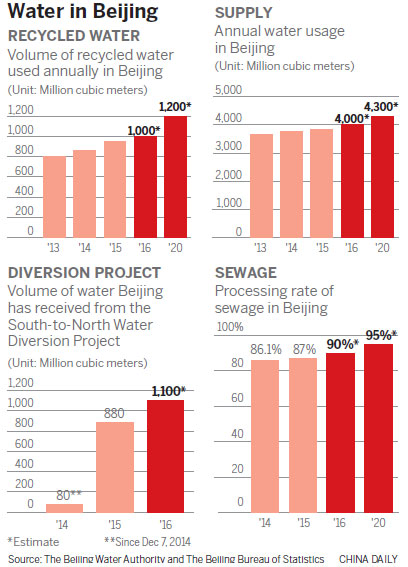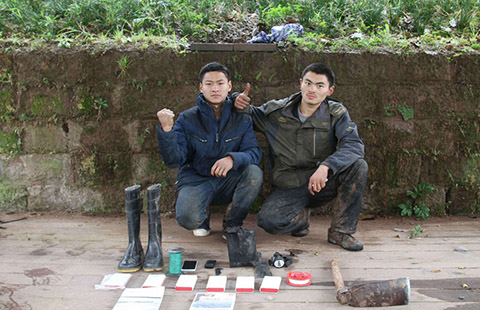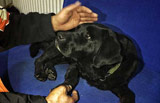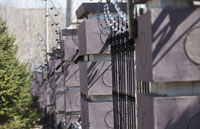Beijing taps new water sources
By Zheng Jinran (China Daily) Updated: 2016-02-26 08:06Beijing is multiplying its water sources to meet the demand of a growing population, and will increasingly rely on supplies recycled from sewage treatment plants for environmental uses such as road cleaning and municipal garden watering.
The city's annual water consumption goal for 2016 is 4 billion cubic meters, of which 25 percent will come from recycled supplies, an increase from 800 million cu m three years ago, the Beijing Water Authority said.
In 2020, consumption is expected to reach 4.3 billion cu m, the authority said, with the recycled water supply reaching 1.2 billion cu m.
The recycled water is to be sourced from a new type of sewage treatment plant that is cleaner and has higher water quality standards. Construction will start this year on 17 new processing plants.
Some businesses that consume huge amounts of water, such as carwashes, also are expected to use recycled water. The recycled water could also be used for green belts and at some scenic sites.
Beijing has always had lower quotas than the national average on water consumption for both residential and industrial uses. In 2014, the per capita draw on water resources was 94 cu m, far lower than the national average of more than 2,100 cu m.
The capital will continue to make the more efficient use of water a priority and will explore other ways to develop capacity in water recycling, said Jin Shudong, head of the water authority.
In addition to increasing the use of recycled water, the thirsty capital will explore more sources to meet the demand of its growing population, which reached 21.7 million at the end of 2014.
The water authority said the capital will also make better use of water transferred from the Yangtze River through the South-to-North Water Diversion Project, which has channeled supplies to the capital since December 2014.
The amount of water transferred via the diversion project will climb to 1.1 billion cu m this year, accounting for another 25 percent of the total supply, the authority said.
The use of recycled and diverted water will allow the capital to tap less of the underground water supply, which has been diminishing. The consumption of underground water has been reduced to 2 billion cu m annually in recent years, Jin said.
A reduction in water pollution also is urgently needed, officials said. The water authority said 141 rivers in the city are rated as "black and odorous", meaning they are heavily polluted.
The capital has come up with a three-year plan to fix the problem by barring untreated sewage from being directly discharged into rivers.
By 2020, the city's sewage treatment rate is expected to surpass 95 percent. To reach the water pollution reduction goals, the capital plans to expand its sewage collection and improve urban sewage treatment facilities.

- Projects opening to overseas researchers
- Streamlined processes to aid top talent
- Two smog hot spots identified in Beijing by think tank
- China-led gravitational wave venture seeks global talent
- Gated communities will open 'gradually', says ministry
- Watchdog pledges to intensify scrutiny
- Court says community road rule needs legislative support
- Improved child care leave for both parents introduced in Shanghai
- Beijing set to double air monitoring stations
- Train ticket glitch results in a lawsuit







